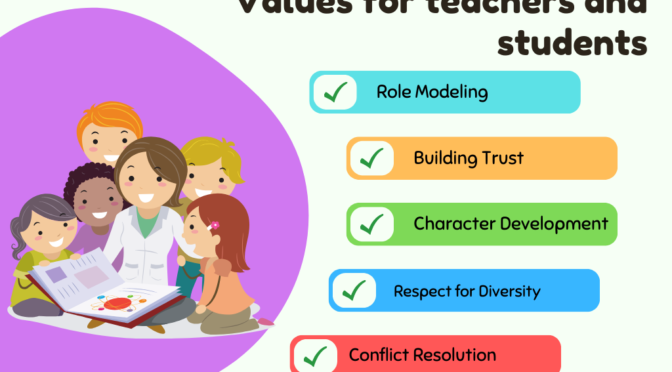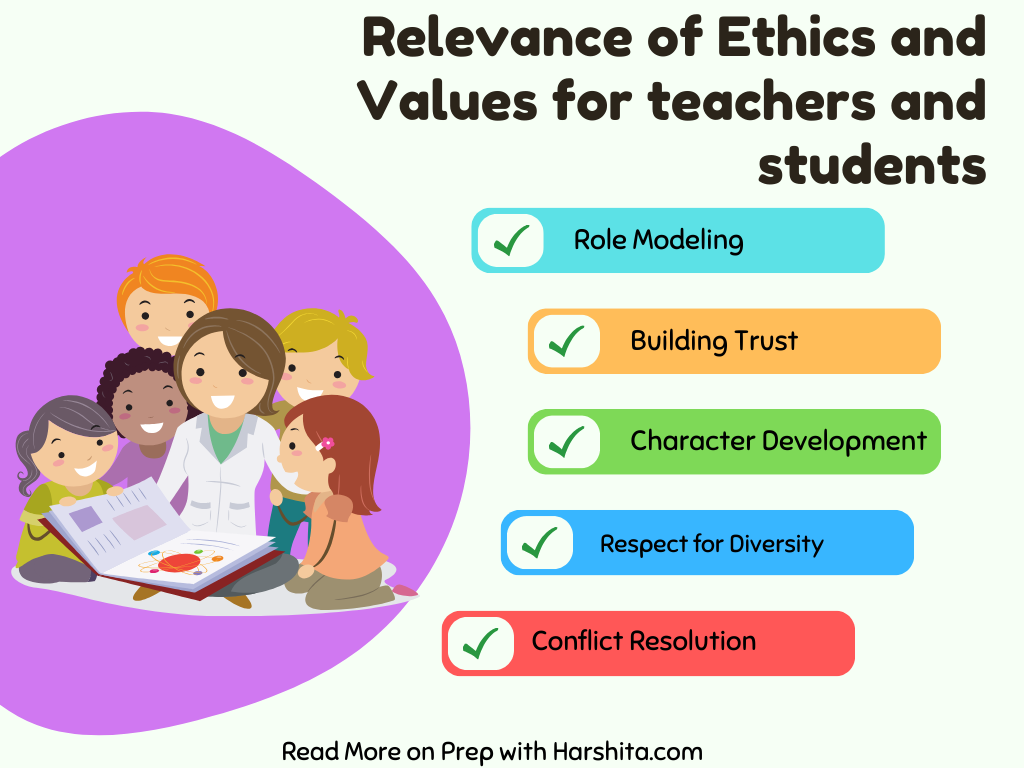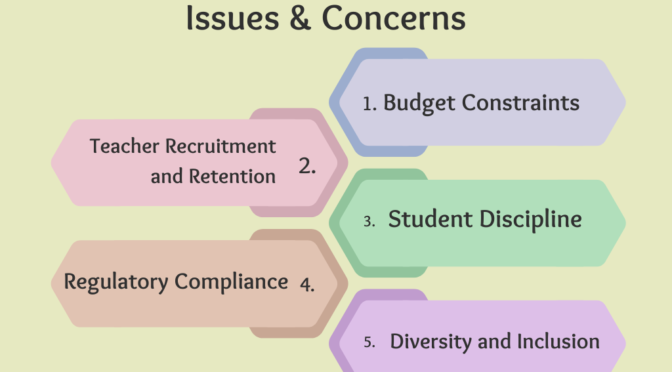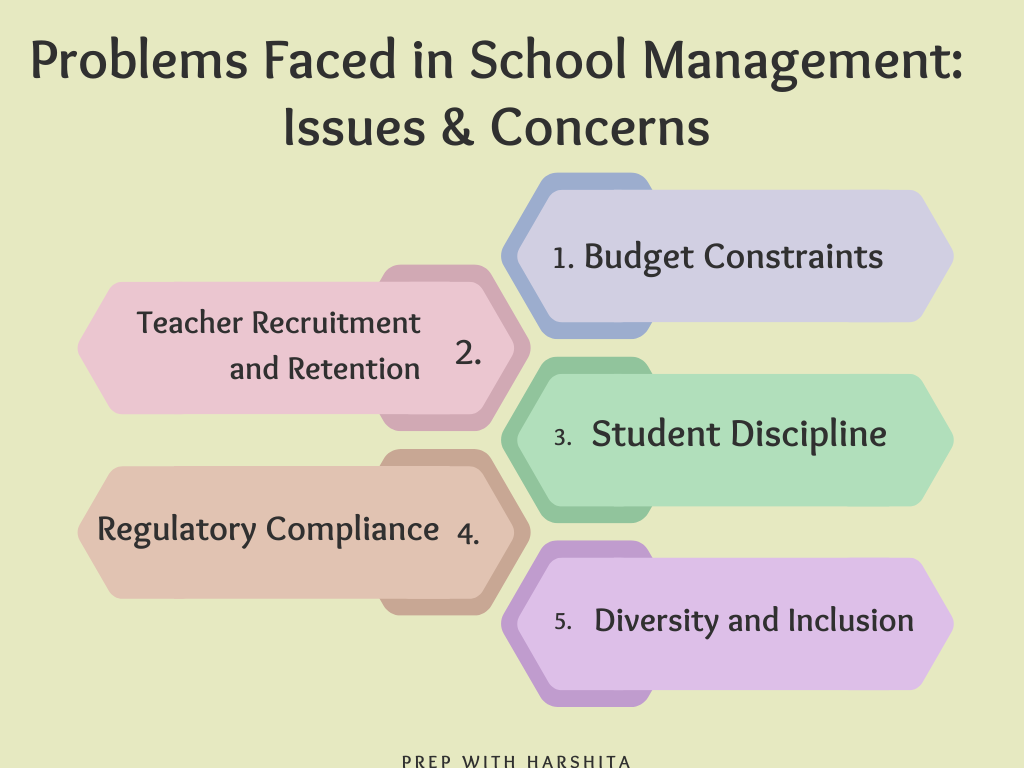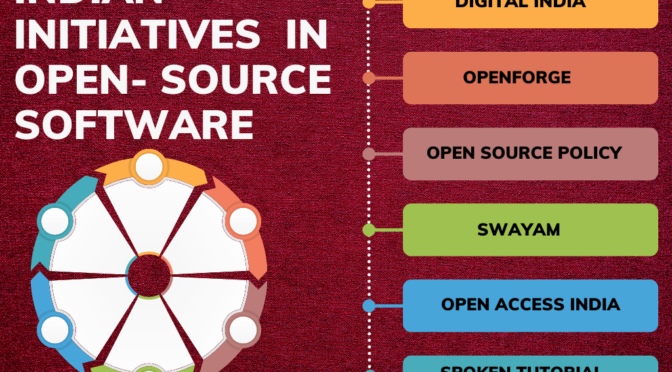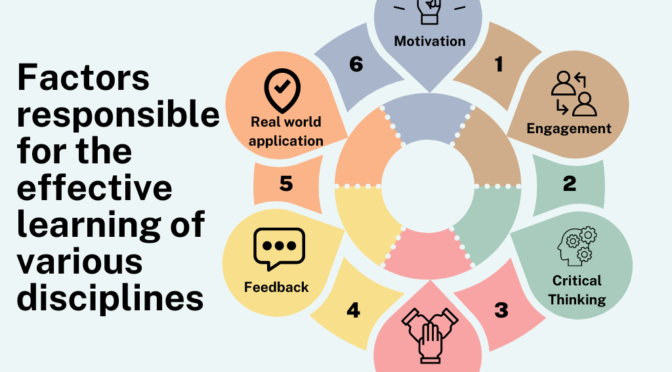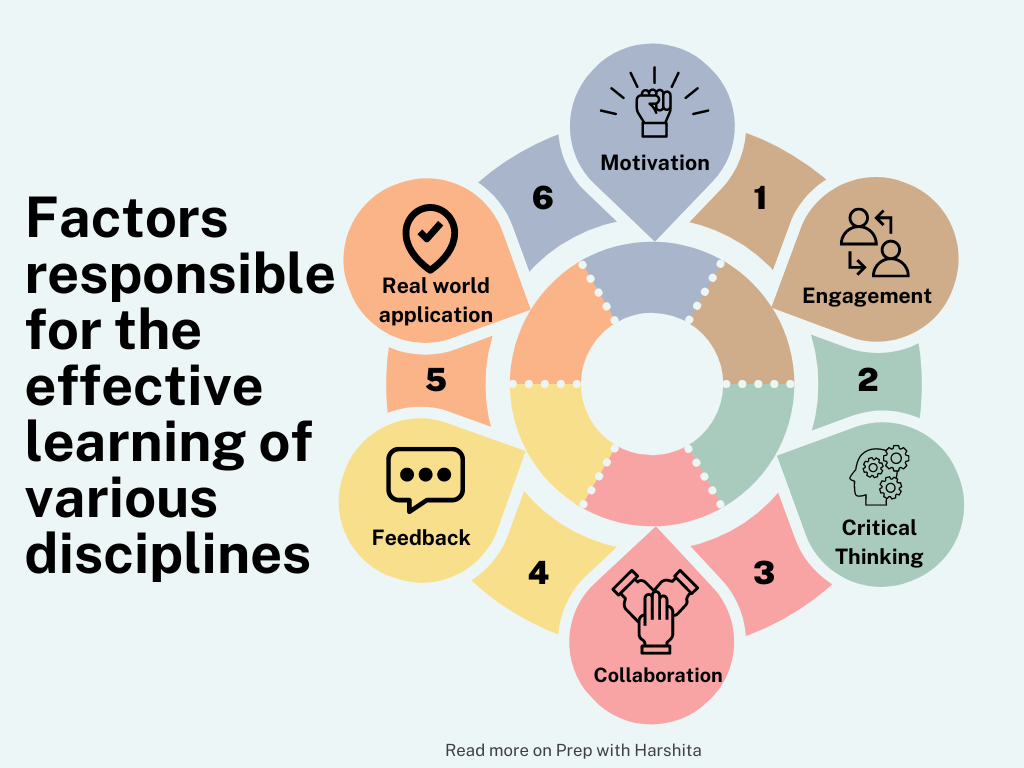Attitudes, aptitude, and interests are distinct psychological constructs that describe different aspects of an individual’s characteristics. Here’s a breakdown of the distinctions among these terms:
Attitudes:
Attitudes refer to an individual’s feelings, beliefs, and predispositions toward a particular object, person, situation, or idea. They encompass emotional, cognitive, and behavioral components.
Characteristics :
- Emotional Component: Feelings and emotions associated with a particular object or idea.
- Cognitive Component: Beliefs, thoughts, and evaluations about the object or idea.
- Behavioral Component: Intention or tendency to act in a certain way based on one’s feelings and beliefs.
Example : A student may have a positive attitude toward mathematics, viewing it as an enjoyable and challenging subject.
Aptitude:
Aptitude refers to a person’s inherent or natural ability to acquire skills or perform certain types of tasks. It reflects an individual’s potential for learning and proficiency in specific areas.
Characteristics:
- Inherent: Aptitude is often considered to be an inherent or innate quality.
- Specificity: Aptitude is domain-specific, meaning it is relevant to particular types of activities or knowledge areas.
- Development: While aptitude represents potential, it may still require development through learning and experience.
Example: A person may have an aptitude for spatial reasoning, making them naturally skilled at tasks such as map reading or geometry.
Interests:
Interests pertain to the things, topics, or activities that attract, appeal to, or engage an individual. They reflect personal preferences and curiosity about certain subjects or pursuits.
Characteristics:
- Subjective: Interests are subjective and vary from person to person.
- Evolving: Interests can change over time and may be influenced by experiences, exposure, and personal development.
- Motivational: Engaging in activities aligned with one’s interests can be motivating and satisfying.
Example: An individual may have a keen interest in astronomy, leading them to read books, attend lectures, or participate in stargazing events.
Also Read : Formation of School Subject

Also Visit : Prep with Harshita


